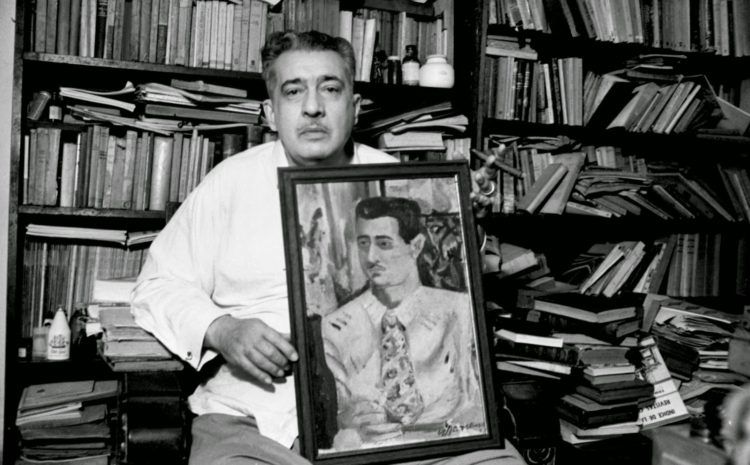
Paradiso seems to be an impossible novel but nonetheless it does exist.
Then he felt the syllables again, spoken next to him, but without clearly perceiving his shadowy bulk, his existence resting on an age-old boredom. And yet the phrase, walking like a centipede, tail like a serpent’s head, head with the indentations and outcroppings of a key, of a clue to a puzzle, would give him the labyrinths and bays of other years that Chronos would offer him. The key to his first-born and genetrix happiness, a shadow of depth to slip along his street.
This is exactly the language of the book: sentences are like centipedes and serpents, paragraphs are like impassable labyrinths and the text is full of rococo convolutions.
Time, a liquid substance, a mask, goes on covering the faces of the most remote ancestors, or, just the opposite, time drags along, almost lets itself be absorbed by earthly games, and enlarges a figure until it receives the texture of a Desmoulins or a Marat with clenched fists beating on the variants, the echoes, or the tedium of a Thermidor assembly. It seems that after those imprecations they will disappear under the sea, or at last freeze when they react like the drops of blood that live after them, giving a great slap to the star reflected in the bathroom mirror.
José Lezama Lima thoroughly ploughs all the cultural layers and the novel is fraught with references to antiquity, mythology, philosophy and art. He wields time and space freely so the narration frequently turns into the surreal mescaline-induced visions and the characters descend into the depths of their subconscious and unconscious planes as willingly as Ulysses descends into the underworld.
New York is a mixture of adolescent Moses, aged Cain, and Whitman’s phallic walking stick, producing sacred children. The saxophone, penetrating the Bible, tears it into innumerable scraps of paper that fall from the tops of the skyscrapers.
In the modern world, Paradise hardly can be distinguished from Hell…
No comments:
Post a Comment